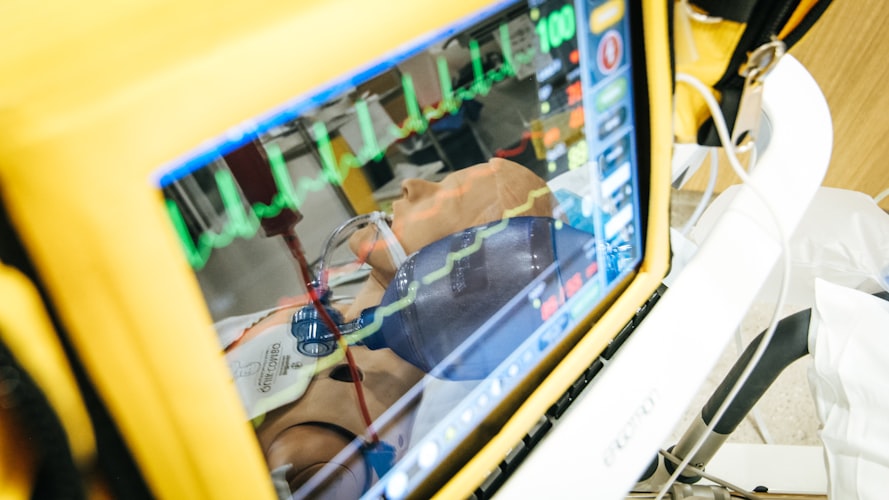Advancing Bioelectronic Use
Bioelectronics devices can improve the quality of life for individuals with complex diseases as well as overall human health. Recently, researchers have aimed to advance their use to note certain brain activities in real time and enable a design a soft, biocompatible smart composite.
"Instead of having large implants encapsulated in thick metal boxes to protect the body and electronics from each other, such as those used in pacemakers, and cochlear and brain implants, we could do so much more if our devices were smaller, flexible, and inherently compatible with our body environment," says Dion Khodagholy, who directs the Translational NeuroElectronics Lab at Columbia Engineering. "Over the past several years, my group has been working to use unique properties of materials to develop novel electronic devices that allow efficient interaction with biological substrates -- specifically neural networks and the brain."
Researchers made use of both electronic and the ionic conduction of organic materials to develop ion driven transistors called ‘e-IGTs’--or enhancement-mode that include embedded mobile ions inside their channels. e-IGTs can be used to capture a wide range of electrophysiological signals.
"We're excited about these findings," adds Jennifer N. Gelinas. "We've shown that E-IGTs offer a safe, reliable, and high-performance building block for chronically implanted bioelectronics, and I am optimistic that these devices will enable us to safely expand how we use bioelectronic devices to address neurologic disease."
Learn more about bioelectronics:
"This innovation opens the door to a fundamentally different approach to electronic device design, mimicking biological networks and creating multifunctional circuits from purely biodegradable and biocompatible components," says Khodagholy.
Source: Science Daily









